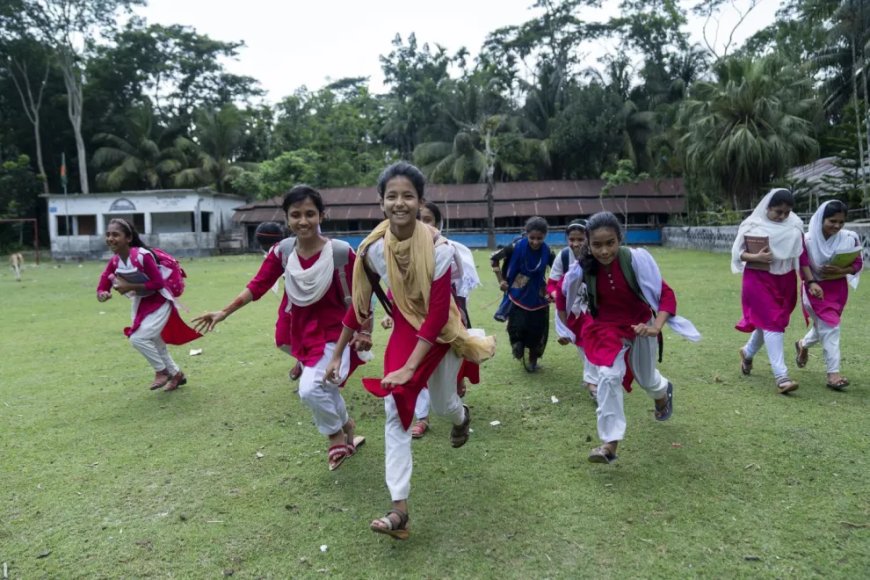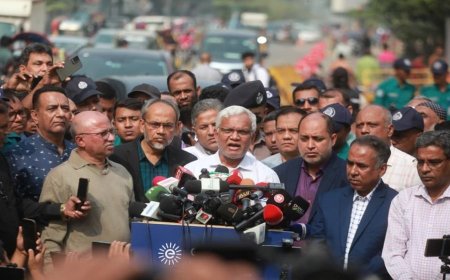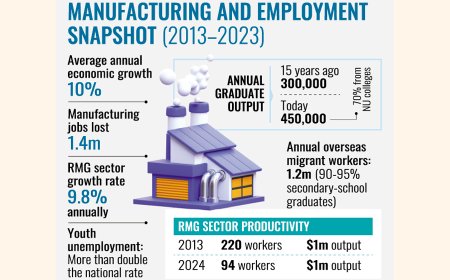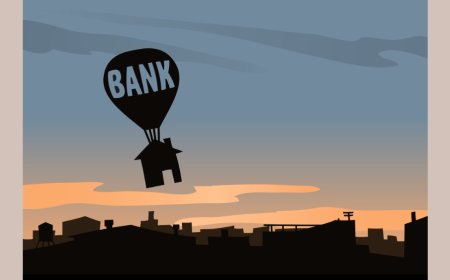Are we doing enough to ensure a safe education for girls?
Are we doing enough to ensure a safe education for girls?

When a routine is instilled in a child's life, it often becomes an ingrained mental checklist that stays with them into adulthood—a mantra of sorts. For schoolgirls, this checklist might include ensuring they have their books, packed lunch, ID card, and, more unsettlingly, avoiding being alone in empty classrooms or with male teachers. What may seem like an innocent ritual is a stark reminder of the unsafe environment girls often face, even in educational institutions. A 2022 survey by Plan International revealed that 74 percent of 2,232 female participants, aged 10 to 24, reported incidents of violence and harassment in schools. The highest rates were in Khulna (89.7 percent), followed by Barishal (80 percent) and Rajshahi (78.8 percent). However, these figures only account for the reported cases; many more go unreported due to fear of social stigma or intimidation.
Teachers and staff are often among the main perpetrators of such abuse. Earlier this month in Khagrachhari, an Indigenous schoolgirl was assaulted by her teacher, Abul Hasnat Muhammad Sohail Rana, who had been previously arrested for attempted rape in 2021 but was allowed to return to work. Other disturbing cases include the 2019 murder of Nusrat Jahan Rafi, who was set on fire after refusing to withdraw a sexual assault complaint against her madrasa principal, and the 2018 case where two teachers at St Scholastica's Girls' School in Chattogram were accused of sexually abusing a fifth-grader for over a year. These cases highlight the shocking reality that even those entrusted with students' safety can become the very source of harm.
The issue is not confined to rural areas—urban schools in Dhaka have seen similar incidents, such as the case of Murad Hossain Sarkar from Viqarunnisa Noon School and College, who was accused of sexual harassment in early 2023. Perpetrators often include not only teachers and staff but also other individuals within or around the schools, raising the question of why victims remain silent for extended periods.
Beyond the individual perpetrators, societal norms that objectify young girls and undermine their autonomy create a breeding ground for these systemic issues. Even when victims speak out, they face more consequences than the abusers. Corporal punishment, blackmail, and threats are commonly used to intimidate girls into silence. In some cases, girls may not even realize they are being abused, or they fear repercussions for speaking up.
This culture of silence is perpetuated by the failure of educational institutions to support victims. Even a decade after a High Court directive, around 60 percent of schools and colleges in Bangladesh still have not formed sexual harassment complaint committees. In those that do exist, many students are unaware of where to file complaints, and the committees often remain inactive. The result is a cycle where victims continue to endure abuse, with little hope for justice.
The broader impact of such violence extends beyond the individual victims, affecting girls' pursuit of education. Plan International's survey found that 35.3 percent of parents cited fear of sexual harassment as a key reason for marrying off their underage daughters, while 25.6 percent feared social exclusion.
To address these issues, it is crucial to establish safe, unbiased, and inclusive mechanisms for reporting abuse in schools. Students must feel secure and supported when coming forward, without fear of retaliation or shame. Complaint committees must be diverse, properly trained, and visible to students. Additionally, basic education about consent and appropriate boundaries, often absent in Bangladesh's curriculum, should be introduced to help students recognize and report abuse.
While society often touts education as the key to women's empowerment, systemic barriers continue to hinder girls' ability to access it safely. Every year, we celebrate the achievements of young women in board exams, but we must also ask ourselves: are we truly doing enough to dismantle the barriers that prevent many others from realizing their full potential?
What's Your Reaction?



















































































